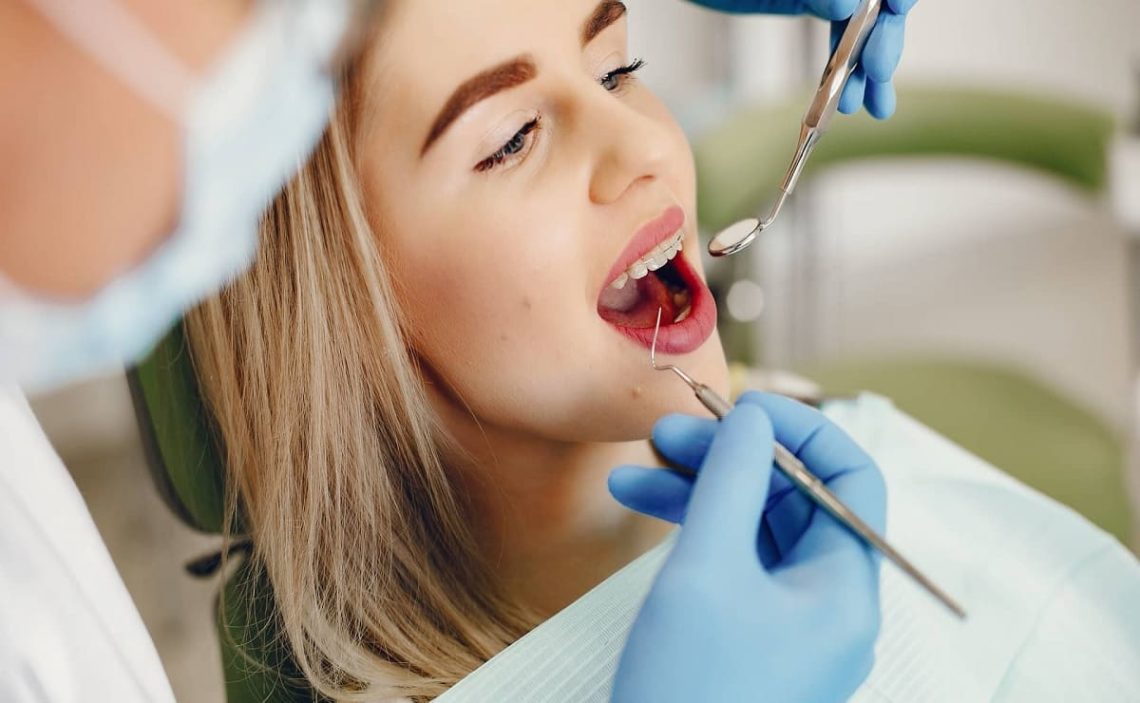Dental insurance is essential for everyone; taking care of your oral health is an efficient way to preserve your smile over the years. Dental insurance policies are usually more affordable compared to health or life insurance.
Almost always, when you seek these options, you find specific information, and the procedure of purchase is easy. However, this insurance is usually included in traditional health insurance plans.
How dental insurance works?
Dental insurance is essential to lower the cost of dental treatment, as, without insurance, the cost of dental treatment is often higher than many people can afford. Most dental plans work like this:
- They may include a waiting period: that is, they may have a maximum period of six months before you can use it for your dental care beyond preventive oral exams
- You must pay a premium: as with all insurance, you need to pay a monthly premium; if you purchase it through your employer, the fee may be deducted from your monthly salary.
- You may need a primary dentist: depending on the insurance chosen, you may be required to have a primary dentist. That is, the one you will go to when any problem arises, or you need an appointment in the next few days for specialized care
- You may have one or more deductibles: this will be the amount of money you have to pay for dental care before you start sharing costs
- Additional costs are associated with your plan: when you reach the total dental deductible, the plan begins to share a percentage of the cost of your dental care. In proper terms, this would be coinsurance. Some programs also require you to pay a small fee when you go to the office
- Coverage is divided into different types: it is generally divided into preventive, restorative, orthodontic, and other dental services available under the insurance, allowing for the planning of the necessary plan.
Benefits of oral health insurance
There are many benefits to having dental insurance; among the most relevant are:
Reduces dental care expenses
The total cost of dental treatments and procedures is usually high; when you have dental insurance, you can pay only a part or nothing for each treatment. The insurance company is responsible for negotiating with in-network dentists for the lowest prices.
Preventive care is covered by insurance
Most dental plans cover 100% of preventive dental care, i.e., routine monthly checkups. The coverage includes a dental exam, some x-rays, and cleaning.
Children have fluoride application, and pediatric preventive care is required for their teeth.
You can go during an emergency without worry
Almost all emergencies are also covered by insurance, so when they occur, you don’t have to worry about the cost of the service. In addition, you have a list of dental clinics you can go to.
Price of wisdom teeth removal without insurance
Wisdom teeth removal ranges from $200 to $1,100 per tooth, with the price varying according to the specifics of the procedure. When the tooth is taken out as a whole, it is cheaper than when an incision must be made to remove it.
According to some users, the average price is $300 per tooth. But the tooth condition, the number of teeth extracted, and the type of anesthesia used can significantly influence the final price.
On the other hand, if you have dental insurance, you can pay only 20% of the price when the procedure is basic and at least 50% when the procedure has complications and requires more medical attention than expected.
How to choose good dental insurance?
There are some basic points that you should evaluate when contracting dental insurance; among the options, you can pick between fluoride, individual, or family insurance. Before choosing any of them, assess the following:
Know the indemnity dental plans
They are the most expensive in the market, also known as “fee-for-service plans.” The insurer in charge usually limits the amount of money you will pay for any procedures and applies a normal amount established by the American Dental Association.
Therefore, if your visit is more expensive, you will have to pay the difference out of pocket. The benefit of this option is that it does not come with a network; instead, you can decide on any dentist you wish.
Depending on your needs, it can be a good choice, especially if you seek individual dental insurance.
Get to know the dentists in the network
It is not a good choice to hire dental insurance and not check the available dentists; some companies have few professionals associated with their network, which typically causes inconveniences when requesting appointments and the proximity of the same.
You must know the coverage of your policy
Before saying yes, make sure you evaluate the services that are part of the policy; if you have or require orthodontics, you should look for insurance that covers the treatment or at least a part of it. You should also check if it has coverage for x-rays, cleaning, and emergencies due to a broken tooth or any other problem.
What not to do when picking your insurance!
You should never opt for a dental insurance service without verifying the possibilities offered; you should talk to the agents and know all the options you have when contracting the policy. In addition, it is advisable to make a previous inspection of the different insurance companies available in your city.
In conclusion, the best way to make a good choice is to ask for advice from one of the company’s employees.


